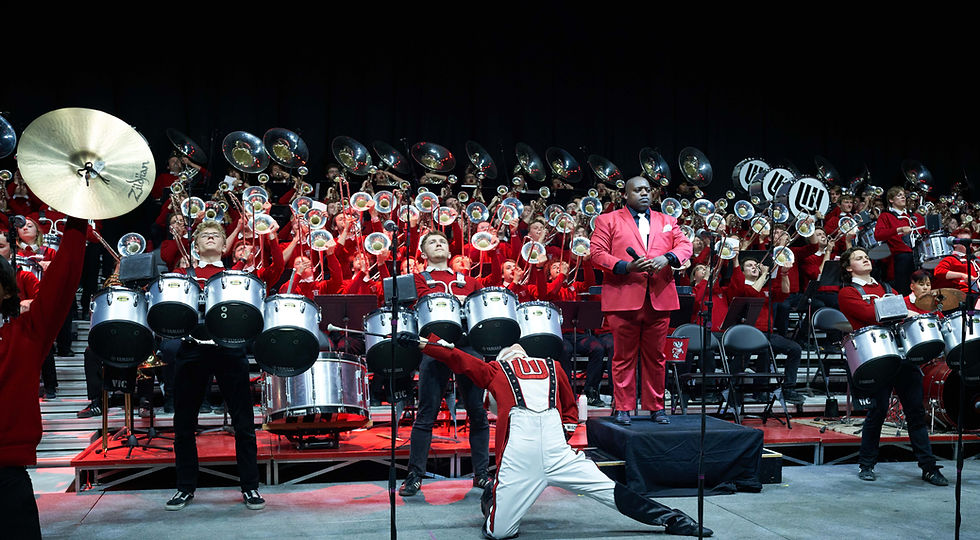Suitable for a General Audience
- Sep 29, 2023
- 2 min read
Updated: Oct 23, 2023

A publicity photo from the January 2018 Metropolitan Opera production of "Tosca"
OperaWire published an article, "North Carolina's Classical Station WCPE Bans Met Opera's Six New Works Due to 'Offensive' Content," on September 29, 2023 (author: Francisco Salazar)
From the article:
According to a letter signed by Deborah S. Proctor, the General Manager and Chief Engineer of WCPE, the radio station, which did not broadcast “Champion” due to vulgar language, opted to not broadcast the six new operas because they are in English and are not suitable for children due to their adult themes and language.
In the letter, which is posted below, leadership highlights the reasons for not broadcasting "Dead Man Walking," "X: The Life and Times of Malcolm X," "Fire Shut Up in My Bones," "El Niño," "Florence e el Amazona," and "The Hours."
Among them are:
"Not airing modern, discordant, and difficult music is one concern."
"Broadcasting adult themes and harsh language, particularly in English, is a second concern."
The letter concludes with a list of "time-tested and great operas which have been enjoyed by multiple generations" that will be broadcast, but more on that in a bit. For now, take a few minutes to read the two page letter that was sent to WCPE supporters and members.


Among the operas deemed "suitable for a general audience" are “Turandot” (revenge, violence, executions), “Carmen” (domestic abuse, murder of the female lead), “Romeo et Juliette” (violence, double suicide), “Madama Butterfly" (sex, betrayal, suicide), “Un Ballo un Maschera” (adultery, revenge, regicide), and other traditional opera by Puccini, Wagner, Donizetti, Strauss, and Verdi. The letter also references the first time this station broadcast Met Opera - "Tosca," in 1988. For those of you keeping score at home, Tosca is physically assaulted, murders the man who is trying to rape her, her lover (who has been wrongfully imprisoned) is executed by a firing squad in front of her, and she commits suicide by jumping off the wall to her death.
At the bottom of the letter is a survey with what those of us in the business world call "leading questions" - ones that are asked in a way that significantly influences the response.
Last season I attended both "Carmen" and "The Factotum" at Chicago Lyric Opera. One guess on which of those performances included a trigger warning in the "Know Before You Go" email.
Per their About page, "WCPE, The Classical Station, is a non-commercial, independent, listener-supported station dedicated to excellence in classical music broadcasting."
As an independent radio station they are free to program what they choose - the question is, Why the two page letter explaining what they are choosing NOT to broadcast? Why does their leadership feel the need to defend that decision? What are the ramifications for that station?
Beyond that, what are the ramifications for the Met Opera and the works that they choose to produce? What does it mean for composers of newer works, those selected to be produced by The Met Opera, arguably one of the greatest opera houses in the world, when their work is effectively censored? And, most importantly, what does it mean when those stories, the ones in the operas that are not broadcast, are not told and shared more widely?


Comments